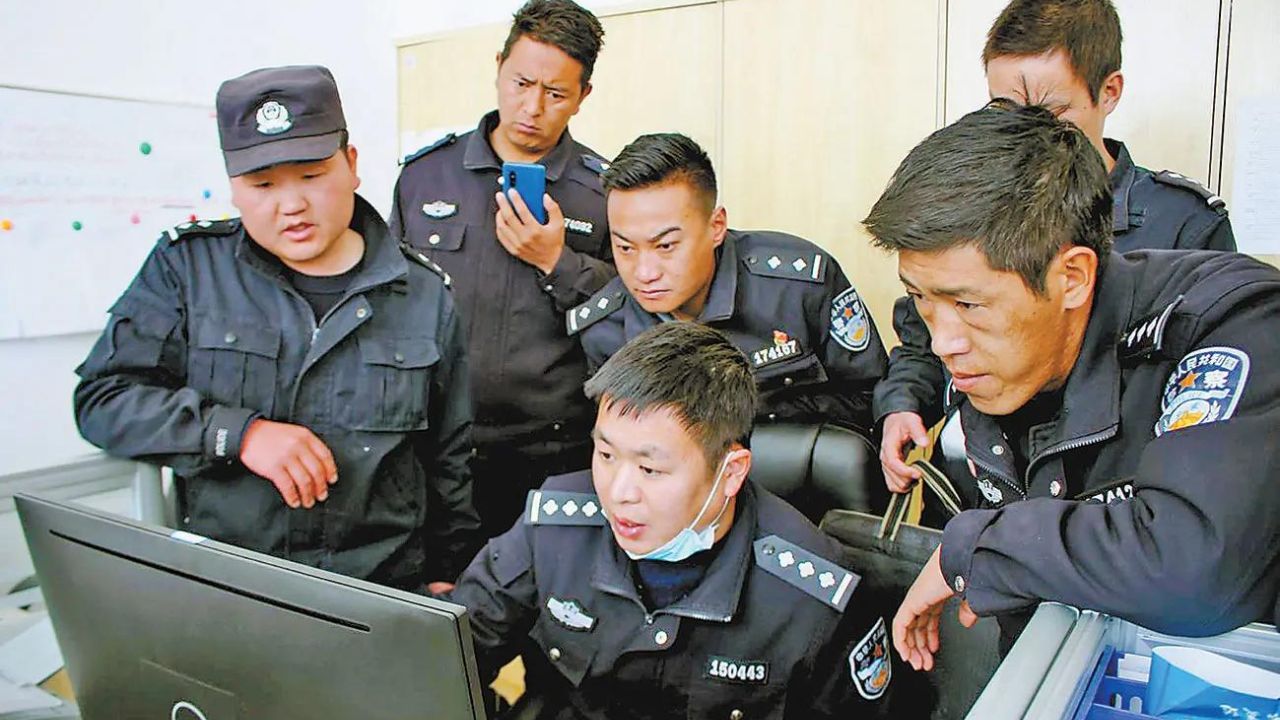
Publication
Kazakhs arrested in China

ARVAK Center comment, 23.08.2024(1)
According to Kazakhstani media, recently dozens of Kazakhs working in China in the field of education, journalism and public service have been detained and imprisoned by the authorities of the People’s Republic of China. At the same time, the Chinese authorities have not provided any information about the reasons for the arrests, the nature of the criminal cases and what are they suspected of. The Kazakh newspaper Zhas Alash published a list of 22 Kazakhs detained by Chinese law enforcement agencies in Xinjiang. The publication noted that the detainees’ relatives are afraid to speak openly to journalists about the case, but they are sure that the detainees are definitely not in opposition to the Chinese authorities and could in no way threaten law and order in China.
The law enforcement system and judicial process in the PRC are among the most untransparent in the world, and it is hardly possible for the relatives, and even as well as for the Kazakh authorities, to get explanations from Beijing about the reasons and motives for these arrests. At the same time, the People’s Republic of China has never limited itself to international obligations and excessive sensitivity towards foreign nationals when they have, for one reason or another, come to the attention of the law enforcement system.
Despite the silence of the Chinese side, one can guess the reasons for these arrests by mentioning the region where they took place – the Xinjiang Uygur Autonomous Region. This is a vast northwestern province populated mainly by Uyghurs, a people of Turkic origin. In this context, the sphere of activity of the arrested Kazakhs, which implies their communication with a wide audience and access to information of state importance, is also not accidental. Taking all this into account, it can be assumed that Beijing at least suspected the foreigners of propagating nationalist ideas in Xinjiang and, possibly, collecting data on China’s policy of “suppressing the freedoms of the Uyghur minority in China”. It is likely that the Chinese authorities pointed out signs of an organized network in the activities of the detained Kazakhs and therefore acted extremely severely, not responding at all to requests for information and, even more so, for the possible release of the above-mentioned individuals.
Regardless of this particular case and the results of the investigation, China has always had enough reasons to be cautious of the processes taking place in Central Asia. China closely follows the trends of spreading and strengthening nationalist sentiments among the Turkic states.
In this context, the behavior of Astana, which after the change of power in 2019 has been particularly active in reviving the national identity of the Kazakh people and modeling the scientific and ideological concept of Turkism on the political agenda, is particularly disturbing. Suffice it to say that at present the concept, allegedly confirmed by scientific data, according to which the Uyghurs are the Turkic group genetically closest to the Kazakhs, is widely spread among the Kazakh public.
In this context, it becomes clear why China pays special attention to the thousands of Kazakh citizens on its territory and intensively studies their activities and behavior. Beijing prefers to act ruthlessly and preventively, even if it later turns out that such methods were excessively tough and unjustified in a particular case.
(1) The Russian original was posted on our website on 22.08.2024.
